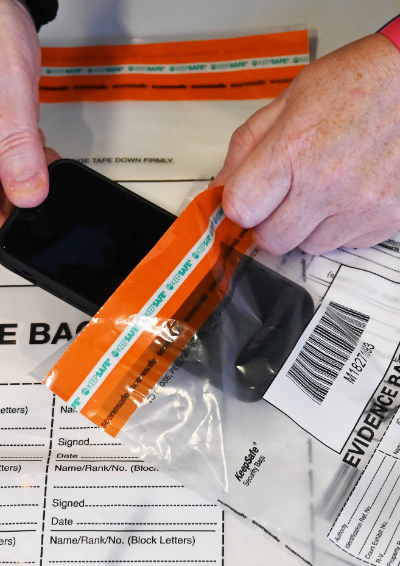Excessive data collection by police and Edessa work
“In some ways the investigation into my rape, at the hands of my ex-husband, was worse than the attack itself. In my most vulnerable moment, what followed was a digital strip search.”
Emily, a rape survivor, explains the impact of the excessive data collection in rape cases. Glamour UK May 2022.
 In May 2022, Information Commissioner John Edwards set out the distressing picture of how survivors of rape and sexual assault felt they were treated by police and the legal system.
In May 2022, Information Commissioner John Edwards set out the distressing picture of how survivors of rape and sexual assault felt they were treated by police and the legal system.
The Commissioner found that, in the immediate aftermath of a life-changing attack, survivors were told to consent to handing over huge amounts of information about their personal lives. This included their medical records, school reports, social service records and their mobile phones. If they didn’t, they were told their legal case may fall apart. Evidence suggested these intrusive practices were contributing to survivors withdrawing from the legal process.
The Commissioner called for change to rebuild trust and enable more victims to seek justice.
The recommended changes were supported across the criminal justice sector. Since then, there have been positive steps to improve the experience of survivors going through the criminal justice system.
“Excessive intrusion into irrelevant and deeply personal data of rape complainants has become habitual in the justice system, despite my and others’ vocal protests over many years. Commissioner Edwards cites the deep personal impact this can have on rape complainants and I share his view that this has played a crucial role in the collapse of rape prosecutions.” Dame Vera Baird KC, Victims’ Commissioner for England and Wales.